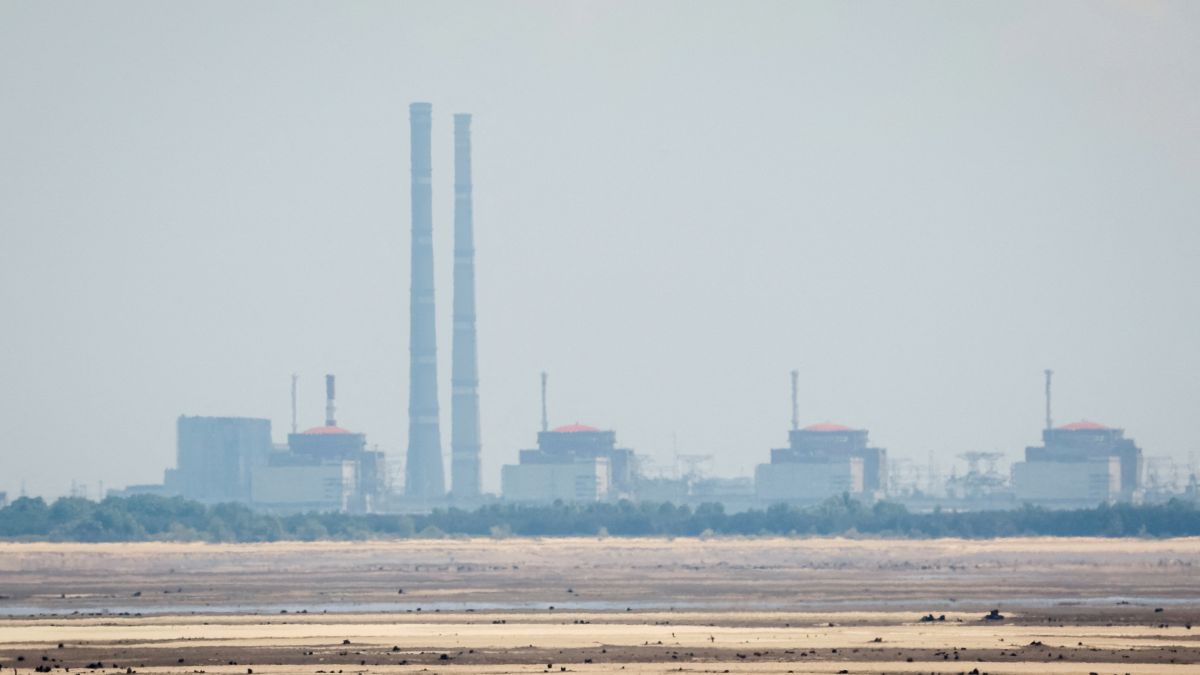The chief of Russia’s State Atomic Energy Corporation has invited the US’s Westinghouse Electric Corporation to discuss the issue of nuclear fuel stored at Ukraine’s Zaporizhzhia nuclear power plant.
Earlier this year, Moscow called on the UN nuclear watchdog to mediate a meeting between the US and Russia to resolve the question of what to do with Washington’s nuclear fuel stored at the Ukrainian power plant controlled by Russian forces.
Alexei Likhachev, the head of Russia’s nuclear body, has said Westinghouse and US energy officials had previously raised intellectual property concerns with Russia in connection with the fuel issue.
Putin ‘open’ to discuss
Russian President Vladimir Putin, similarly, expressed openness to discuss the Zaporizhzhia power plant with the US and Ukraine. “We have a strong record of cooperation with foreign partners, including with European partners. This in particular concerns our joint work in Hungary,” he said.
The Zaporizhzhia Nuclear Power Plant, Europe’s largest, located in the town of Enerhodar in Zaporizhzhia Oblast, has been under Russian occupation since 2022. Although still under Russian control, the plant is not currently producing electricity.
Ukraine rejects idea
Meanwhile, Ukraine’s Foreign Ministry has said that Russia is trying to legitimise its occupation of the power plant.
“The Zaporizhzhia Nuclear Power Plant is and will remain an integral part of the sovereign territory of Ukraine. Any attempts by Russia to question this fact are legally null and void and politically pointless,” the ministry said.
It added, “The only way to restore nuclear safety is the immediate and complete withdrawal of Russian military and other personnel from the Zaporizhzhia nuclear power plant.”
At the same time, Ukraine’s Ministry of Energy has issued a warning that the Zaporizhzhia Nuclear Power Plant (ZNPP) is functioning under highly unstable and unprecedentedly dangerous conditions.
Impact Shorts
More Shorts“Since taking military control of the ZNPP, Russia has caused systemic, critically dangerous disruptions to the plant’s operation,” the statement from the ministry said.


)

)
)
)
)
)
)
)
)



